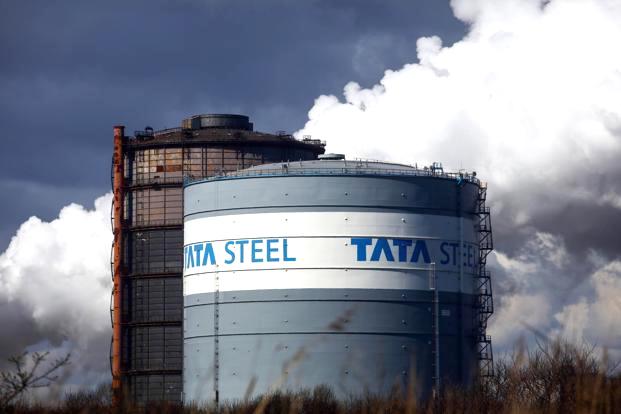European steelmaker Tata Steel has installed a 30-MW generator at its Port Talbot plant in South Wales to improve environmental efficiency and reduce carbon emissions, it said Oct. 25.
The generator will provide a number of environmental benefits, it said, as more process gases from the blast furnaces, steelmaking plant and coke ovens could be converted into useful energy, reducing emissions from external power generation by around 43,800 mt/year of CO2.
In addition, the installation will reduce Tata’s energy bill by millions of pounds per year at a time when rising energy prices are a major concern for steelmakers.
Gas and power prices have risen up to five times higher than a year ago, with heavy industries that are most exposed to such price spikes, including some steelmakers, being forced to react by temporarily shutting down plants.
Tata’s new generator is part of its wider GBP37 million ($51 million) investment in the Port Talbot site’s power station and was installed in the new turbine hall.
The power plant uses process gases to heat water into steam to drive a turbine, which in turn drives an electrical rotor to generate electricity, Tata Steel’s Project Manager Guy Simms explained.
“We have a number of these ‘turbo-alternators’ but not enough to use all the steam we can create. This latest addition, energy, however, will make a step-change to our energy-generation capacity. We’ve been hot commissioning the plant and have run it up to its capacity of 30 MW,” Simms added.
In September, climate research house Industry Tracker called on steel companies to rapidly shift their business models to reach net zero, saying that the European steel industry has less than 26% (12%-35%) of its carbon budget remaining.
— Jacqueline Holman






